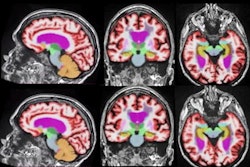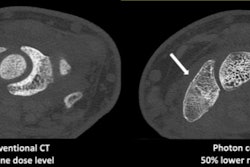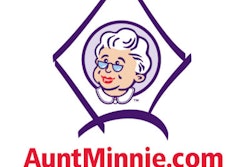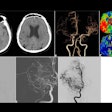Dear AuntMinnie Member,
IBM's foray into the healthcare market appears to be coming to an end. The information technology giant on Friday announced that it had reached an agreement to sell assets from its Watson Health division to a private equity firm.
The move caps a decade-long flirtation that IBM had with healthcare, starting in 2011 when it began discussing medical applications for the Watson artificial intelligence (AI) algorithm it had developed and popularized on the "Jeopardy" television show. IBM formed Watson Health in 2015, then embarked on an acquisition spree as it sought to build an ecosystem of medical technologies around the algorithm, with the ultimate goal of using AI to provide more personalized healthcare.
But Watson Health encountered turbulence within a few years. An early collaboration with MD Anderson Cancer Center was halted after a couple of years and ended in finger-pointing over why the project failed to meet expectations. At about the same time in 2018, layoffs reportedly occurred at several IBM Watson Health facilities.
Watson Health has kept a lower profile over the last several years as smaller and perhaps more nimble AI developers have picked up the torch. Rumors have been circulating for the past year that IBM was looking to sell the division -- rumors that have proved true with this week's news.
What went wrong with Watson Health? Does IBM's decision to exit healthcare raise questions about the long-term viability of AI for medical applications?
No, but the experience does perhaps illustrate the challenges that can occur when large multinational firms take a top-down approach to developing new markets. AI continues to be a vibrant market as more algorithms reach the hands of clinicians -- and as with many new technologies, this market will likely be driven by smaller developers.
Check out our Artificial Intelligence Community for the latest news on this deal. Also, be sure to take a look at articles on two recent research studies on AI, one on the use of AI to reduce workloads for digital breast tomosynthesis studies, and another on how the use of an AI-based data reconstruction algorithm enabled researchers to perform chest CT scans at radiation doses close to those of chest x-rays.
CT lung screening
While we're on the subject of chest CT, several important studies came out this past week on CT lung cancer screening. In the first, researchers from Taiwan found that opportunistic screening -- in which anyone can refer themselves for a lung screening exam regardless of their risk -- produced a high rate of overdiagnosis.
In the second study, researchers from Hawaii found that different ethnic groups in the state had different rates of adherence to CT lung screening. The study indicates the importance of considering the background of a population when developing a screening program, they said.
Get these stories and more in our CT Community.
EuroMinnies finalists
Finally, the finalists were announced this week in the EuroMinnies, an annual awards event run by our sister site AuntMinnieEurope.com recognizing excellence in European radiology. If you haven't had a chance to see who's in the running for the final awards, give it a look now.


















